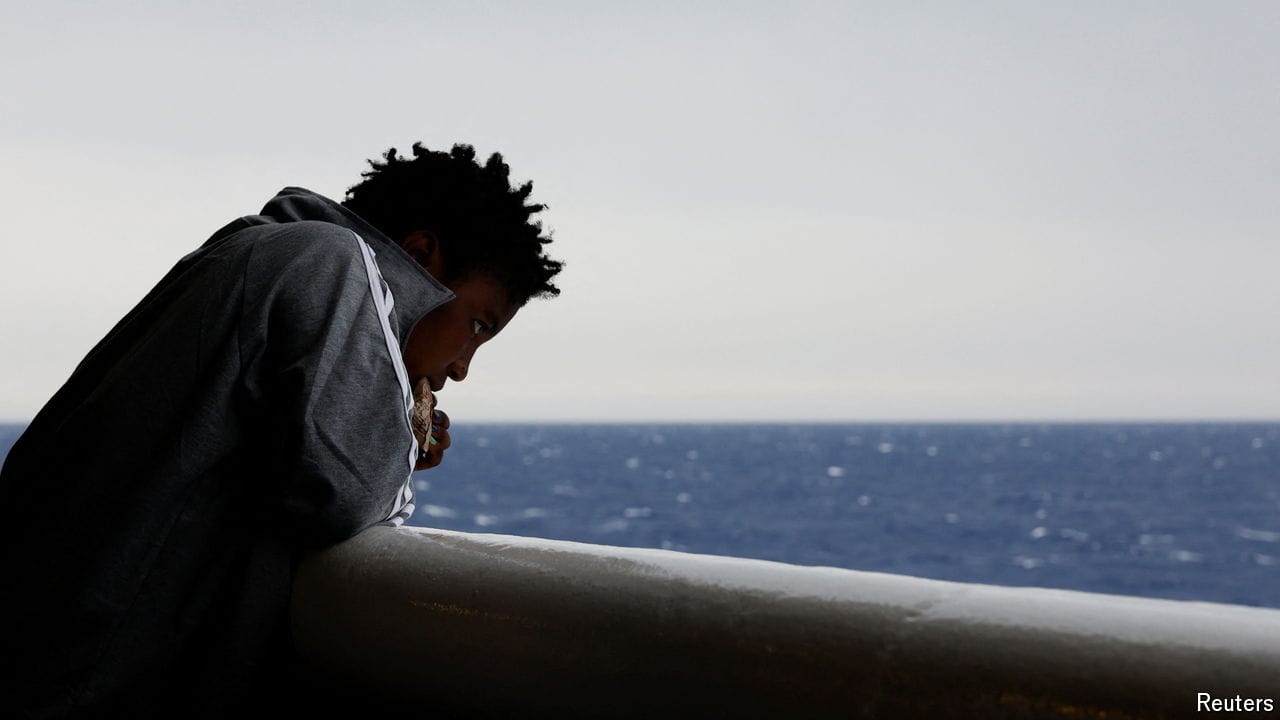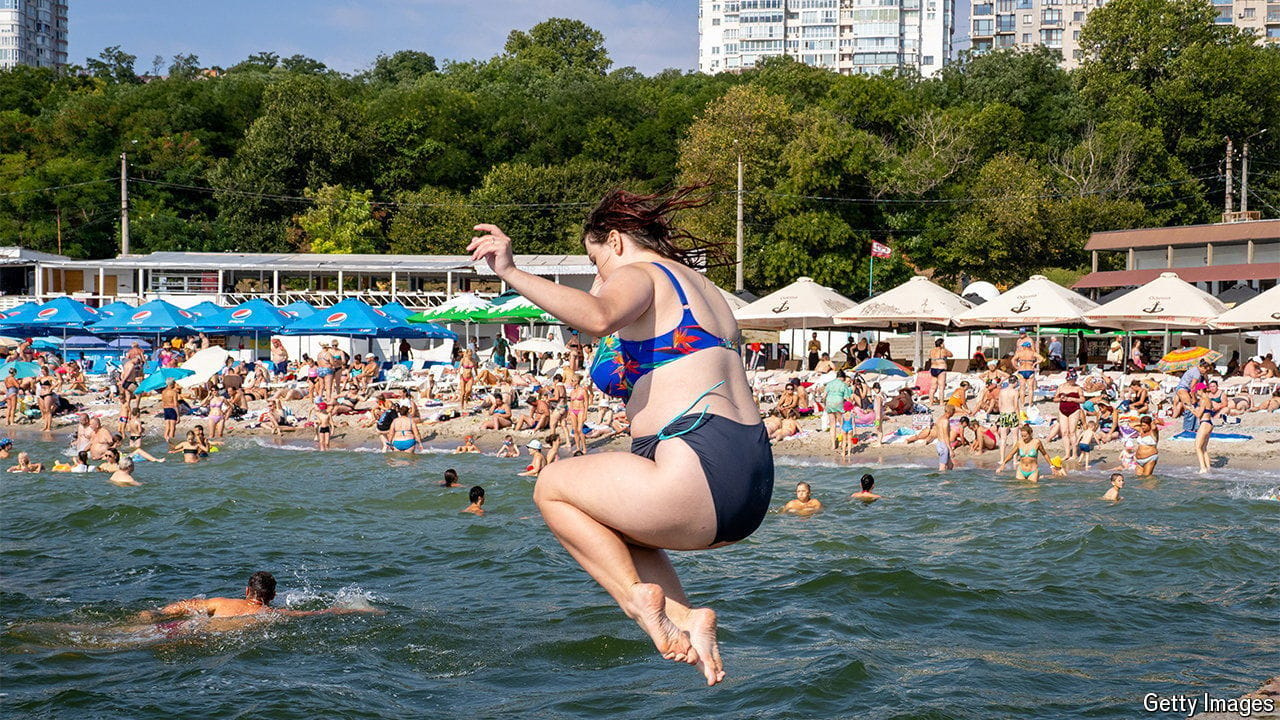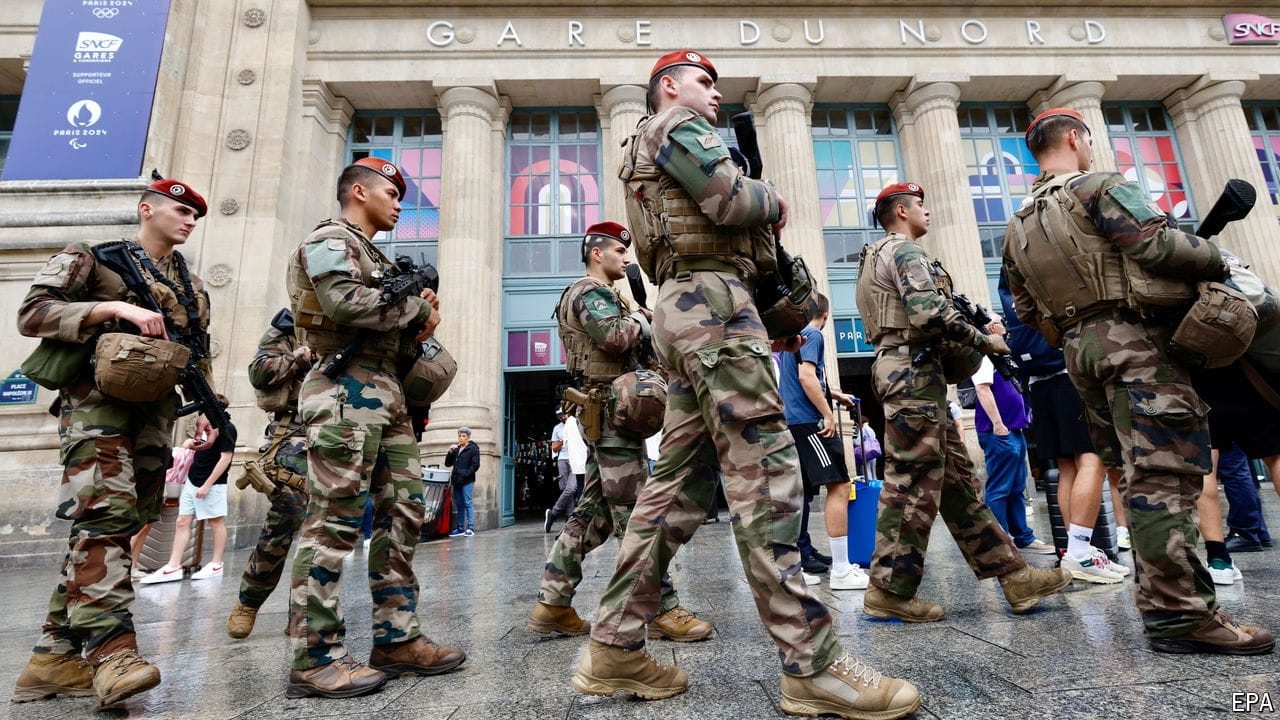How Europe’s fear of migrants came to dominate its foreign policy
Trade, aid and visas are increasingly conditional on helping Europe stem migration

Asked whether their past imperial behaviour might entitle former colonies to compensation, Europeans like to change the subject by pointing to their generous overseas-development budgets. The continent is home to some of the world’s biggest foreign-aid programmes; a handful of European Union members even meet the aspiration that rich countries should spend 0.7% of their national income on alleviating global poverty. Anyone whose heart has been warmed by reports of schools being built and irrigation systems installed might care to look at the fine print of exactly who is being helped. The Netherlands has in recent years found a new worthy recipient for its supposed generosity: part of the cost of hosting asylum seekers on Dutch soil is now paid from the foreign ministry’s aid budget. Do-gooders howl in protest at the measure, which in effect depletes development spending. Right-wingers say it matters little if an Afghan being helped is in Herat or The Hague, it’s all going to foreigners anyway.
A schism has long been evident. On the one hand, illegal migration is seen as a problem, and politicians know that “stopping the boats” (or some locally equivalent tough-sounding measure to curb new arrivals) will keep them in office. On the other, Europeans see themselves as a force for good in the world, happily trading and diplomatically allying with countries far and wide. For decades the two worlds were kept separate. Cops and interior-ministry types put up fences to keep migrants out, while diplomats, trade officials and development specialists showered money, vaccines and sweetheart trade deals on the very countries the refugees came from. In the wake of a migration surge in 2015-16 and a recent increase in illegal arrivals, Europe has decided that stopping the boats matters more than being nice to others for its own sake. Foreign policy is being co-opted by the interior-ministry crowd to keep down migrant numbers.
Explore more
This article appeared in the Europe section of the print edition under the headline “The me-first school of diplomacy”
Europe March 30th 2024
- Ukraine is in a race against time to fortify its front line
- Vladimir Putin blames an Islamist attack on Ukraine and America
- Why the French are drinking less wine
- Carles Puigdemont aims to reignite Catalan separatism
- Turkey’s opposition hopes for a shake-up in local elections
- How Europe’s fear of migrants came to dominate its foreign policy
More from Europe

Will a new “pact” of ten laws help Europe ease its migrant woes?
It will require an extraordinary number of institutions to work together

Amid the bombs, Ukrainians rediscover the beach
Odessa gives itself permission to tan again

Who was behind the arson attacks on railways before the Olympics?
With thousands stranded, suspicion falls on Russia or Iran
Italian right-wingers have renamed Milan’s airport after Silvio Berlusconi
A finger in the eye of those who detested the late populist leader
European countries are banding together on missile defence
The Ukraine war shows how dangerously few interceptors they have
Peter Magyar is reinvigorating Hungary’s struggling opposition
Attacking Viktor Orban’s corruption wins votes for a political newcomer
